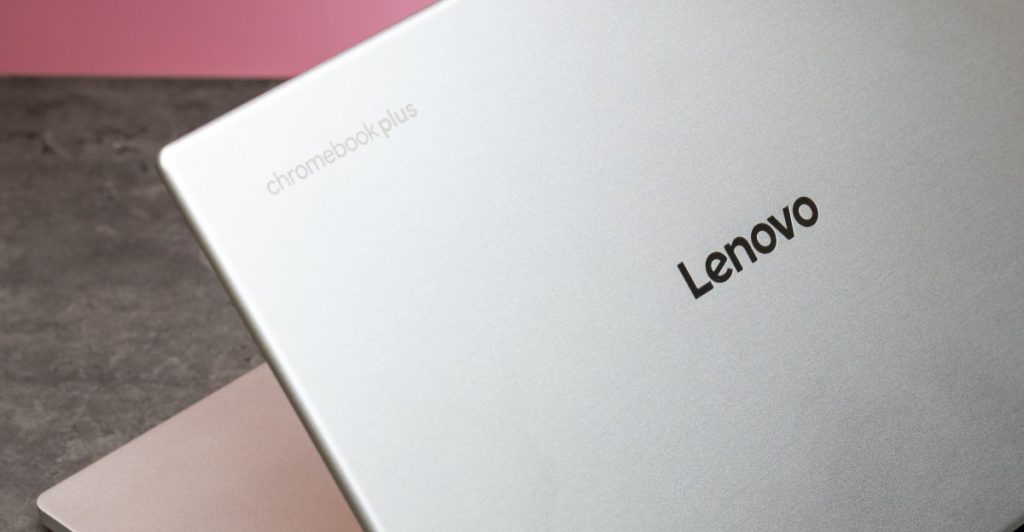Sure! Here’s a paraphrased version of the article formatted in HTML with headings and seven paragraphs:
<div id="zephr-anchor">
<div class="duet--article--article-body-component">
<p class="duet--article--dangerously-set-cms-markup duet--article--standard-paragraph">Samit Sarkar, the head of Android ecosystems at Google, has recently announced that <a target="_blank" href="https://www.theverge.com/news/706558/google-android-chromeos-combining-sameer-samat">Android and ChromeOS are set to merge into a single platform</a>. This has sparked renewed discussion regarding the future of these operating systems. The idea of merging them has been considered beneficial for quite some time, dating back to <a target="_blank" href="https://www.theverge.com/2013/3/13/4100160/google-shuffle-can-android-and-chrome-os-combine-to-take-on-microsoft">2013</a>, with initial plans surfacing as far back as <a target="_blank" href="https://www.theverge.com/2015/10/29/9639950/google-combining-android-chromeos-report">2015</a>. Until now, their integration has mainly led to Chromebooks supporting Android applications. Last year, Google informed that <a target="_blank" href="https://blog.chromium.org/2024/06/building-faster-smarter-chromebook.html">ChromeOS would operate on the Android tech stack</a>, incorporating the Android kernel.</p>
</div>
<div class="duet--article--article-body-component">
<p><h3 class="duet--article--dangerously-set-cms-markup"><strong>Why Combine ChromeOS and Android?</strong></h3></p>
</div>
<div class="duet--article--article-body-component">
<p class="duet--article--dangerously-set-cms-markup duet--article--standard-paragraph">Android boasts a vast app ecosystem, yet many apps struggle to perform well on larger screens, such as tablets. Moreover, Android lacks effective multitasking and window management, both of which are crucial for large displays. Conversely, ChromeOS excels in browser functionality and window management but falls short in supporting non-web applications.</p>
</div>
<div class="duet--article--article-body-component">
<p class="duet--article--dangerously-set-cms-markup duet--article--standard-paragraph">For a considerable time, Chromebooks have been capable of running Android apps <a target="_blank" href="https://www.theverge.com/2016/5/19/11712140/android-apps-native-chromebook-video">to bridge compatibility gaps</a>. However, these applications often provide a poor experience when used with a mouse on a laptop. Some applications are too small and fail to adapt well to larger displays—take for instance the Android Slack app, which cannot show two threads side-by-side like its desktop counterpart. Issues also arise with apps like Discord, which sometimes don't respond well to mouse clicks. Although Spotify runs smoothly, its mobile version appears sparse on a larger laptop screen, requiring awkward interactions.</p>
</div>
<div class="duet--article--article-body-component">
<p class="duet--article--dangerously-set-cms-markup duet--article--standard-paragraph">This integration is already underway: the Chrome browser on Android is <a target="_blank" href="https://www.androidauthority.com/chrome-for-android-with-extensions-demo-3540132/">gaining extensions</a>, a significant feature of the desktop version. Android is also <a target="_blank" href="https://www.theverge.com/news/671577/google-android-desktop-mode-samsung-dex">developing a desktop mode similar to Dex</a>. Google is making a substantial effort to create adaptive apps in Android 16, ensuring they function effectively in desktop mode, which is also vital for ChromeOS optimization. When Android supports a desktop mode and Chrome integrates extensions, along with Chromebooks running Android apps, is there any justification for their separation? A unified OS would <a target="_blank" href="https://blog.chromium.org/2024/06/building-faster-smarter-chromebook.html">accelerate development for both mobile and laptop</a> formats, while simplifying the development process for tablet applications.</p>
</div>
<div class="duet--article--article-body-component">
<p><h3 class="duet--article--dangerously-set-cms-markup"><strong>What Delayed This Merge?</strong></h3></p>
</div>
<div class="duet--article--article-body-component">
<p class="duet--article--dangerously-set-cms-markup duet--article--standard-paragraph">Discussions about a unified Android and ChromeOS have been ongoing for over <a target="_blank" href="https://www.theverge.com/2013/3/13/4100160/google-shuffle-can-android-and-chrome-os-combine-to-take-on-microsoft">a decade</a>. Despite it seeming like a logical evolution for both platforms, progress has been slow. There were some speculations that Google's experimental open-source <a target="_blank" href="https://www.theverge.com/2016/8/15/12480566/google-fuchsia-new-operating-system">Fuchsia OS</a> was meant to serve as that unified platform. However, despite years of anticipation, <a target="_blank" href="https://www.theverge.com/2021/8/18/22630245/google-fuchsia-os-nest-hub-rollout-release-date">it ended up being deployed on select Nest Hubs</a>.</p>
</div>
</div>Feel free to ask if you need more modifications or additional sections!



